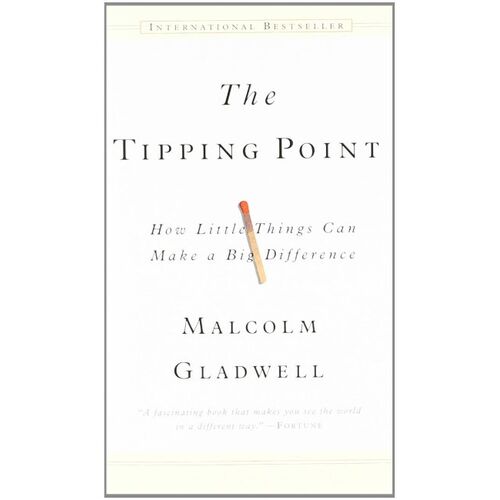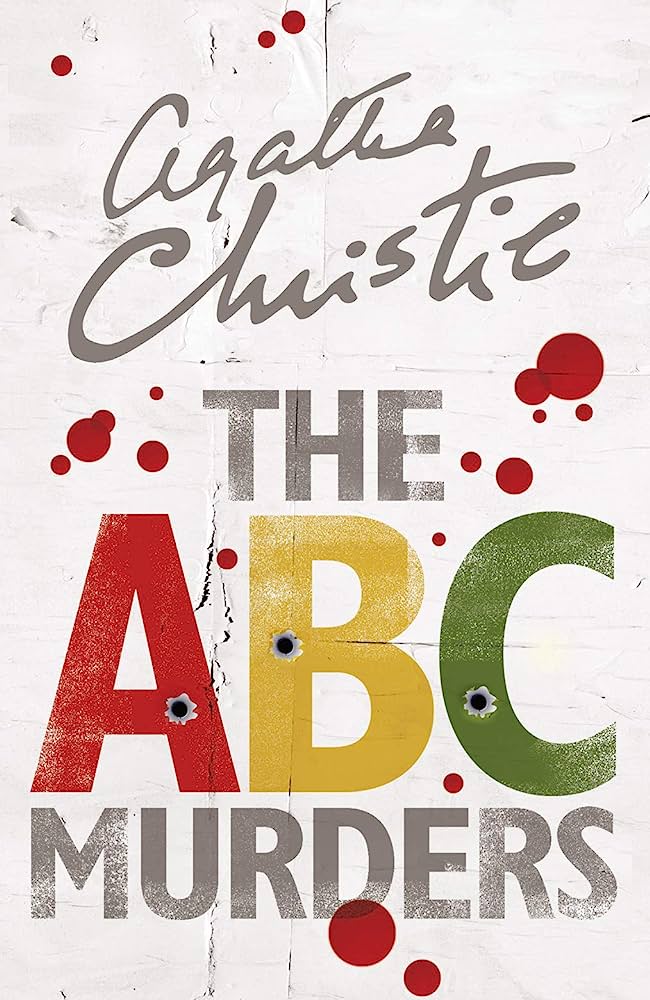
The Tipping Point
I know negative reviews tend to get dismissed or lost in the shuffle, especially for wildly popular books such as Malcolm Gladwell's The Tipping Point; however, I think it's important to chime in on how this book fails to deliver on its basic premise. In essence, the

Nhà Sách Phương Nam
@nha-sach-phuong-namĐánh giá
Theo Dõi
Nhận xét
I know negative reviews tend to get dismissed or lost in the shuffle, especially for wildly popular books such as Malcolm Gladwell's The Tipping Point; however, I think it's important to chime in on how this book fails to deliver on its basic premise. In essence, the Tipping Point describes how certain types of people (who Gladwell refers to as connectors, mavens, and salesmen), and certain circumstances (the law of the few, the stickiness factor, and the power of context), can help turn fashion, books, television shows into epidemics, and turn crime waves and smoking trends upside-down. And here is where Gladwell's Tipping Point fails: he uses the data of real-life examples to reason backwards in the formation of his theory. When read closely and critically, Gladwell only describes THAT things `tip' and not WHY they `tip'. As Karl Popper said of Freudian Theory (and of all science), it must be falsifiable. Here it seems unlikely that any observation or experimental paradigm could be developed to falsify the theory of The Tipping Point, which again, makes this book not very scientific. For example, if a person or circumstance met one of Gladwell's criteria, but failed to tip the item/situation, would it call his theory into question? You see where I'm going with this? If something was `sticky' (which the law of stickiness says makes certain information at certain times, irresistible) but didn't tip, does that mean it was never `sticky', or does something need to tip in order for it to be deemed `sticky'. And now we're talking circular logic, maybe backwards logic; the type of theory written on the back of a cocktail napkin at 2am that sounds like it explains everything. Again, not good science. I was really looking forward to this book, but the over-simplifications, sheer repetitiveness, and poor execution of writing scientifically made for a highly disappointing read. By Craig Fisher (USA) Là một doanh nhân, chắc hẳn đã có lúc bạn tự hỏi: Làm thế nào để khách hàng mua sản phẩm/dịch vụ cảu mình?Là người hoạt động xã hội hay một nhà làm luật, chắc hẳn đã có lúc bạn tự hỏi: làm thế nào để chặn đứng các tệ nạn xã hội đang có chiều hướng ngày càng gia tăng?Giá sản phẩm trên Tiki đã bao gồm thuế theo luật hiện hành. Bên cạnh đó, tuỳ vào loại sản phẩm, hình thức và địa chỉ giao hàng mà có thể phát sinh thêm chi phí khác như phí vận chuyển, phụ phí hàng cồng kềnh, thuế nhập khẩu (đối với đơn hàng giao từ nước ngoài có giá trị trên 1 triệu đồng).....
Công ty phát hành
Phương Nam Book
Nhà xuất bản
Hachette Book Group USA
ISBN-13
9780316679077
Loại bìa
Bìa mềm
Số trang
228
Sản Phẩm Tương Tự
Sản Phẩm Liên Quan
Combo Trọn Bộ Sách PoMath - Toán Tư Duy Cho Trẻ Em 4-6 Tuổi (6 cuốn)
386.100₫
Đã bán 12











![[Printed in US] The Housemaid](https://salt.tikicdn.com/ts/product/e1/26/9c/fa9c1edd66da66313e0b1aa1d2e96af4.jpeg)












